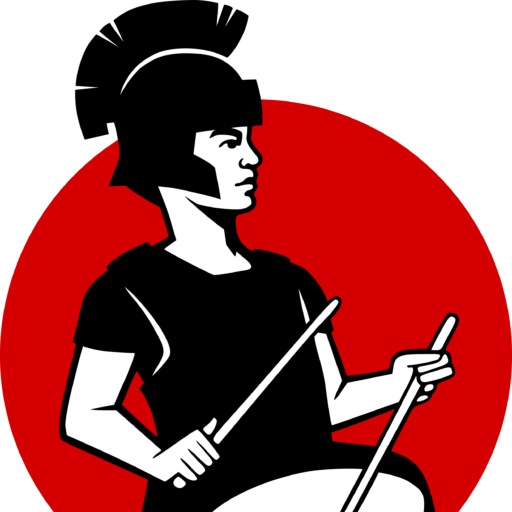Bonjour Grognards!
We are very excited and pleased to have the well known and respected historian James R. Arnold joining our team. Together we will publish his latest book: Quatre Bras 1815. His book will be available as an add-on at our Gamefound Campaign for “Battles of Napoleon Vol. II: Quatre Bras 1815 / Wartenburg 1813”.
Join the campaign here:
Quatre Bras at Gamefound
Vive l’Empereur!
Uwe Walentin
🥁🎲⚔️
Learn more about the project, the book and James R. Arnold:
The Battle of Quatre Bras, fought on June 16, 1815, was a crucial prelude to the Battle of Waterloo. Situated at a strategic crossroads in present-day Belgium, the engagement pitted Duke of Wellington’s Anglo-allied forces against Marshal Michel Ney’s left wing of Napoleon’s Armée du Nord.
The battle should not only be seen as a prelude to the subsequent days’ fighting at Waterloo, but as a significant battle in its own right, where the outcome had decisive significance for Napoleon’s fate.
Napoleon’s strategy aimed to prevent the unification of the Anglo-allied and Prussian armies by swiftly defeating each other separately. While Napoleon engaged the Prussians at Ligny, he directed Ney to seize Quatre Bras to block Wellington’s potential support to the Prussians.
Initially, Ney’s forces outnumbered the defenders at Quatre Bras. However, throughout the day, Allied reinforcements arrived, balancing the scales. Intense combat ensued, with control of key positions like the Bossu Wood and Gemioncourt Farm shifting multiple times.
Despite Ney’s aggressive tactics, he couldn’t secure Quatre Bras before nightfall. This delay prevented him from assisting Napoleon at Ligny, where the Prussians managed a strategic withdrawal. Consequently, the Prussian army remained a viable force, later playing a pivotal role at Waterloo.
Casualties were significant on both sides, with the Allies suffering approximately 4,700 losses and the French around 4,300. The battle underscored the importance of timely maneuvers and coordination, factors that would heavily influence the outcome at Waterloo two days later.
About the series
Sound of History is the latest initiative from the board game developer Sound of Drums, renowned for creating high-quality board games focusing on military historical periods, with satisfied customers worldwide. This new project aims to publish introductory books catering to both readers and board gamers who wish to delve into selected battles, military campaigns, and significant events in world history. We are proud to have James R. Arnold as the author of Volume 1: The Battle of Quatre Bras. A unique addition to your pledge of the game.
Similar to Sound of Drum’s ambitious board games, the books will be developed with an emphasis on high quality and in a format that is easy to carry on the go, whether traveling by train, metro, or plane. To ensure the academic standard of the content, the books will be written by qualified historians from a global network of writers. The topics will be diverse, ranging from World War II to antiquity, and from the Napoleonic Wars to the American Civil War.
The books will not be your average introduction books but cover well-known topics from different perspectives. Like the fall of Berlin 1945 from the German and the Soviet side or the Battle of the Bulge seen from an American perspective as well as from the German.
With the Sound of History book series, Sound of Drums aims to offer a strong analog reading experience that allows for immersion in a time characterized by digital noise and social unrest.
And there are plenty of future volumes heading for the press covering topics like the battle of Aspern-Essling 1809, Eylau 1807, Waterloo 1815, Market Garden 1944, Bull Run 1861, Gettysburg 1863 and many more as Sound of History dives into the world of history.
James R. Arnold is the author of over thirty military history books including seven Napoleonic campaign studies. He has received the 1995 International Napoleonic Society Literary Award and the 2018 Army Historical Foundation Distinguished Writing Award.






